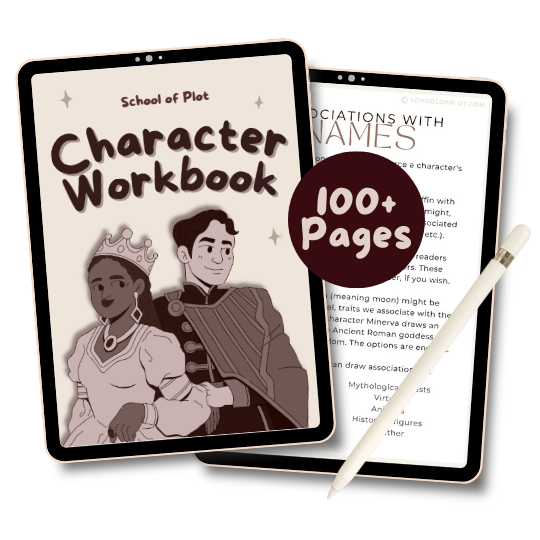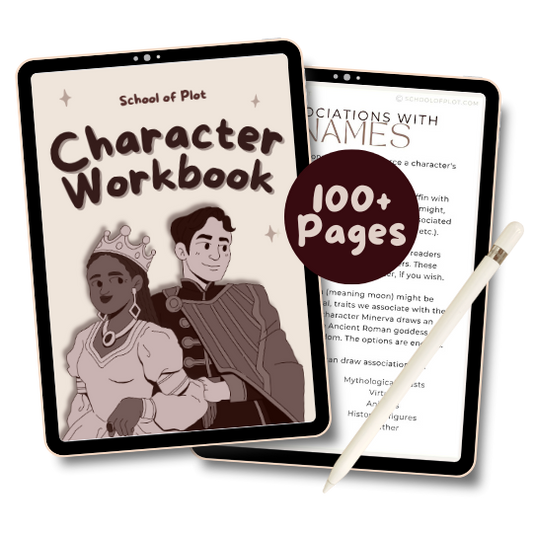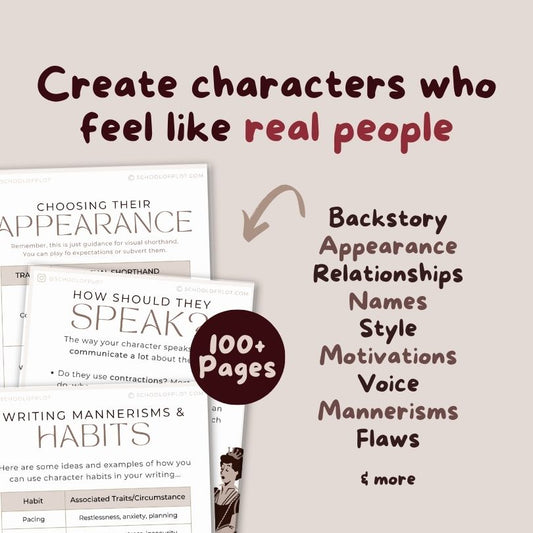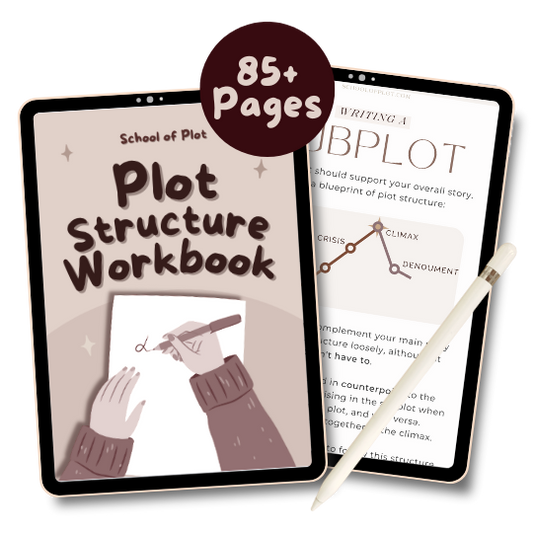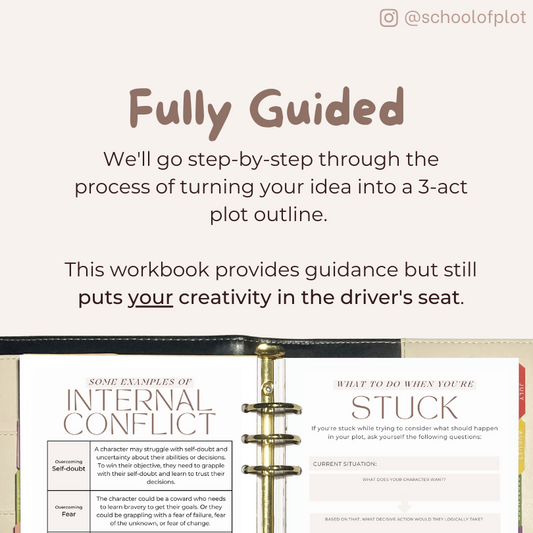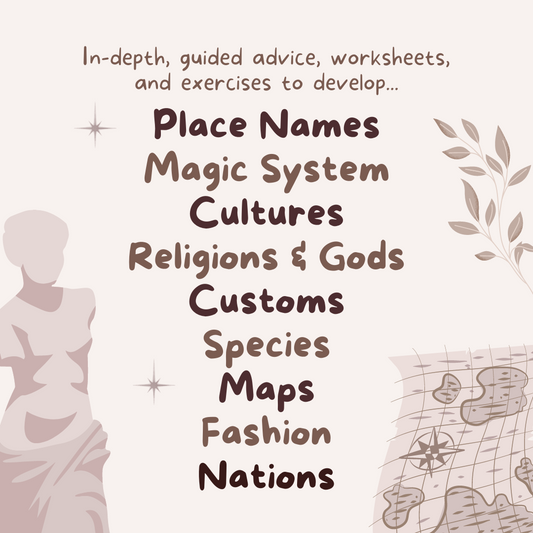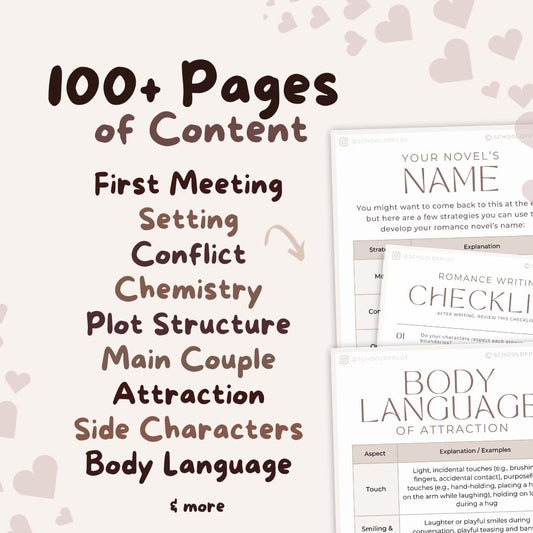Struggling to figure out how your novel should end? Have a look at these 5 ways to end your novel and see if any of them resonate with your story.
1. Twist Ending
A revelation changes the reader's entire understanding of the story.
Examples include:
- A seemingly trustworthy character was not to be trusted at all!
- The narrator’s memories are unreliable.
- The narrator’s words are unreliable and they’ve been twisting the truth.
- The story wasn’t being told in chronological order. The twist puts all the pieces in order and reveals something unexpected in doing so >:)
2. Interpretive Ending
An interpretive ending leaves certain aspects of the story open to multiple interpretations. This forces readers to engage with the narrative and draw their own conclusions. It can also make them rethink certain themes or events in the novel.
It can be unsatisfying if you don’t tie up some loose ends, but it’s okay to leave a question or two dangling. The movie Inception is a famous example of this.
3. Happy Ending
This usually means the protagonist has completed their arc, learned their lesson, and overcome whatever it was that was keeping them from being happy.
Examples can be when your protagonist finds love, or saves their kingdom, or wins the sports tournament.
Some genres come with the expectation of a happy ending. If you pick up a rom com to read on the beach and it ends in the love interest getting brain worms and experiencing a slow, painful death, you might be annoyed.
4. Circular Ending
This is when the story story ends in a way that echoes or parallels its beginning. This can be via the character returning to the novel’s original setting, or their original state of being (e.g. glumly drinking on the side of the road).
This type of ending can be used to drive home how the characters have changed (e.g. they return to their hometown, but older and wiser).
On a more pessimistic note, it can also be used to show how the character’s efforts were in vain. For example, they gained fame/money but they’re still the same old person with the same toxic habits.
5. Tragic Ending
The protagonist doesn’t get what they want, or they get it and realise that it wasn’t all that it was cracked up to be, or that they’ve sacrificed too much along the way to enjoy it.
Tragic endings often come as the result of a protagonist’s fatal flaw. I have a post about that on my profile if you’re interested!
It could also come purely as the result of external factors, although that may be less satisfying than having the tragic ending be the result of the protagonist’s own choices.
